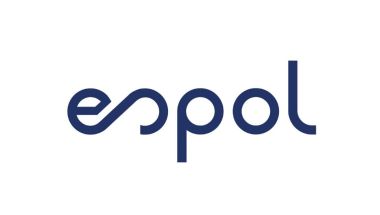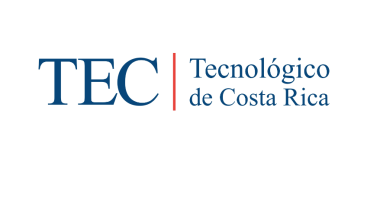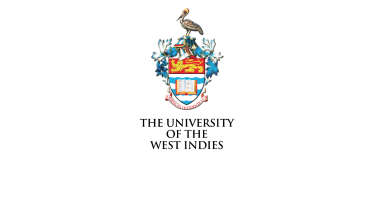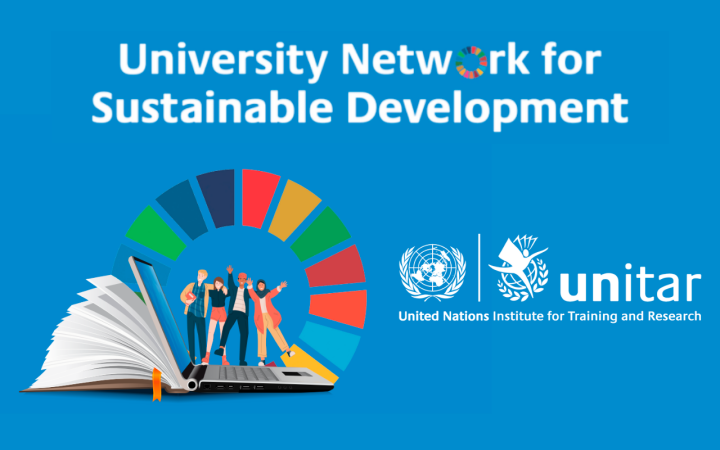Welcome to the University Network for Sustainable Development, a platform about learning, exchanging, and partnering to be SDG learners today and SDG leaders tomorrow!
The Sustainable Development Goals (SDG) are the blueprint to achieve a better and more sustainable future for everyone. Pursuing the quest of SDGs is a common global effort, and universities are unquestionably actors in order for the SDGs to materialize in the future.
The Network allows universities joining to be informed about other universities’ achievements on SDGs learning activities, to create partnerships among one another, as well as with UNITAR, while improving their educational system with exclusive access to official UN learning material, documentation and resources around SDGs and Sustainable Development.
Secure your place and join the University Network for Sustainable Development by sending an email to nyo@unitar.org.

Since 2018, the ESPOL Sustainability Program has been developing the same that works with the polytechnic community in activities towards sustainability, the same that are carried out from the following areas: academic (in teaching and research), operations in what has to do with the physical campus, and, linking with society through programs aimed at the community.

Our University develops research and initiatives in social and economic sectors with an impact mainly on water issues (efficiency in use and consumption, drinking and wastewater treatment, surface water and groundwater pollution) (SDG 6 and 14), sustainable energy and energy efficiency (SDG 7 and 13), production of new materials mainly for medical purposes (SDG 3), sustainable waste management including microplastics (SDG 14 and 15), good practices in agricultural and agro-industrial systems (SDG 2, 12 and 15), cleaner and sustainable production (SDG 9), urban planning, smart cities and sustainable construction (SDG 11).
On the other hand, the Technological Institute of Costa Rica contemplates internal policies to contribute to the development of the country and the region, considering that access to university higher education under principles of equity has a direct impact on poverty eradication (SDG 1, 2, 3, 4, 5, 8, 10), as well as policies of accreditation of university careers and management (SDG 16), as well as national and international cooperation policies (SDG 17).

For decades, The UWI’s Climate Studies Group has made outstanding contributions to the UN Intergovernmental Panel on Climate Change (IPCC). Its most recent initiative, the “1.5 to stay alive” campaign, which sparked a global response, was birthed at The UWI. Nine UWI academics currently contribute to the IPCC. The UWI was selected by the International Association of Universities to be its global leader in mobilizing research and advocacy towards a climate smart world. Two of its PhD students were selected among the COP26 Commonwealth Future Climate Rising Stars Researchers for 2021. The Caribbean’s first Net Zero Energy Building was developed and completed at the Mona Campus in 2017.




